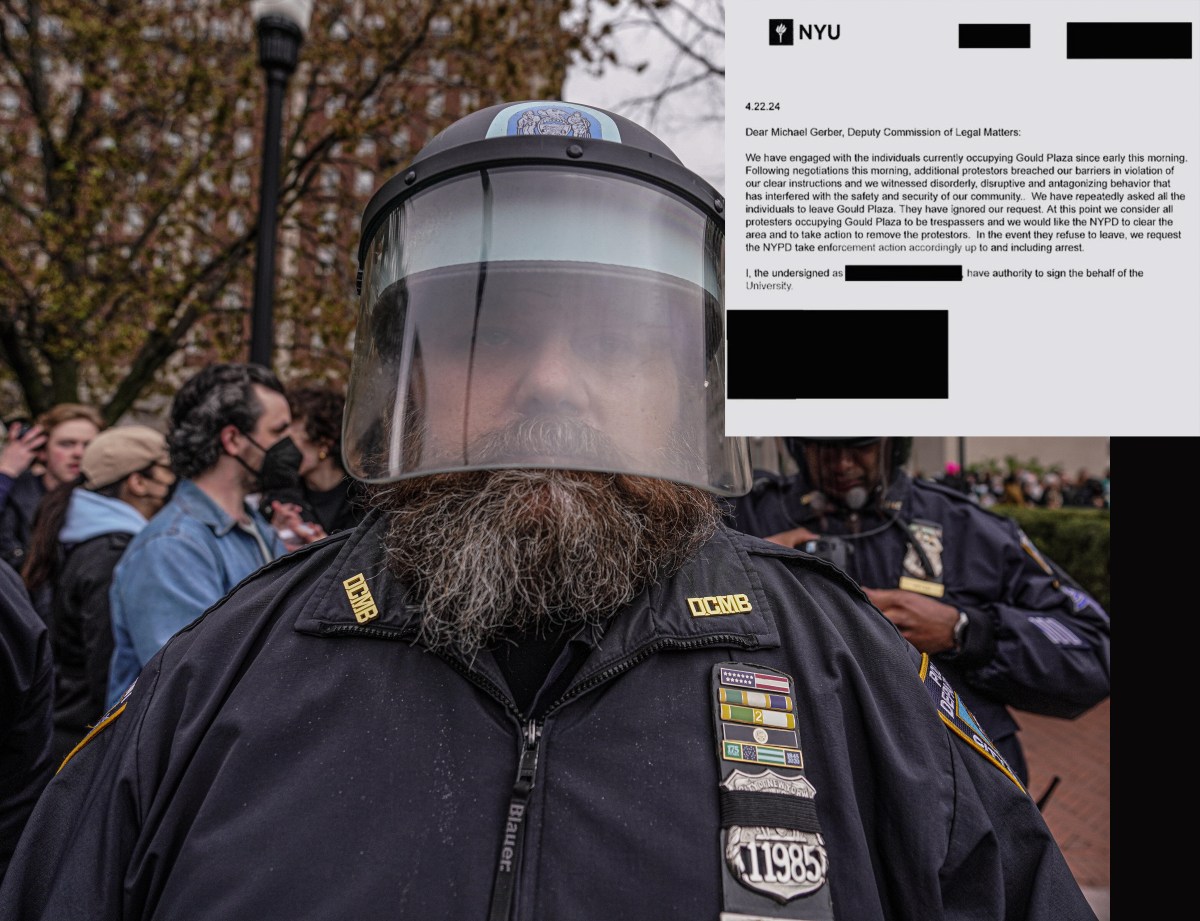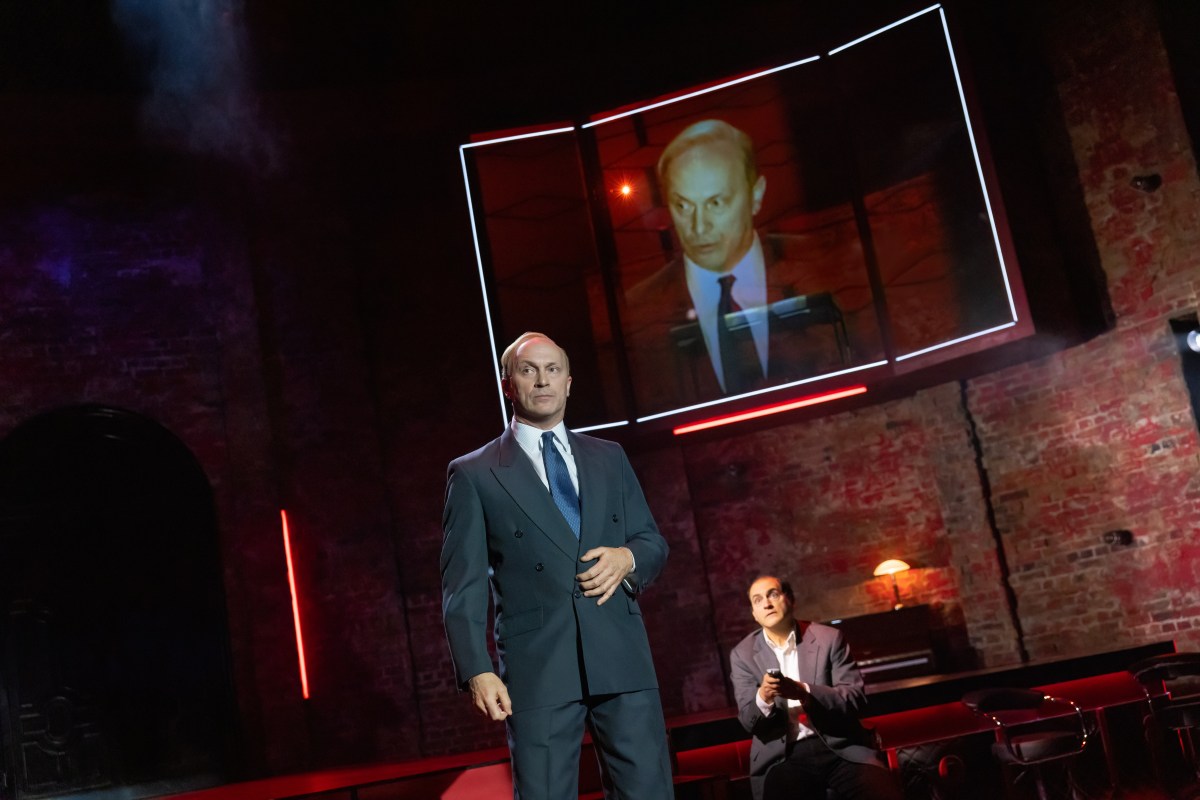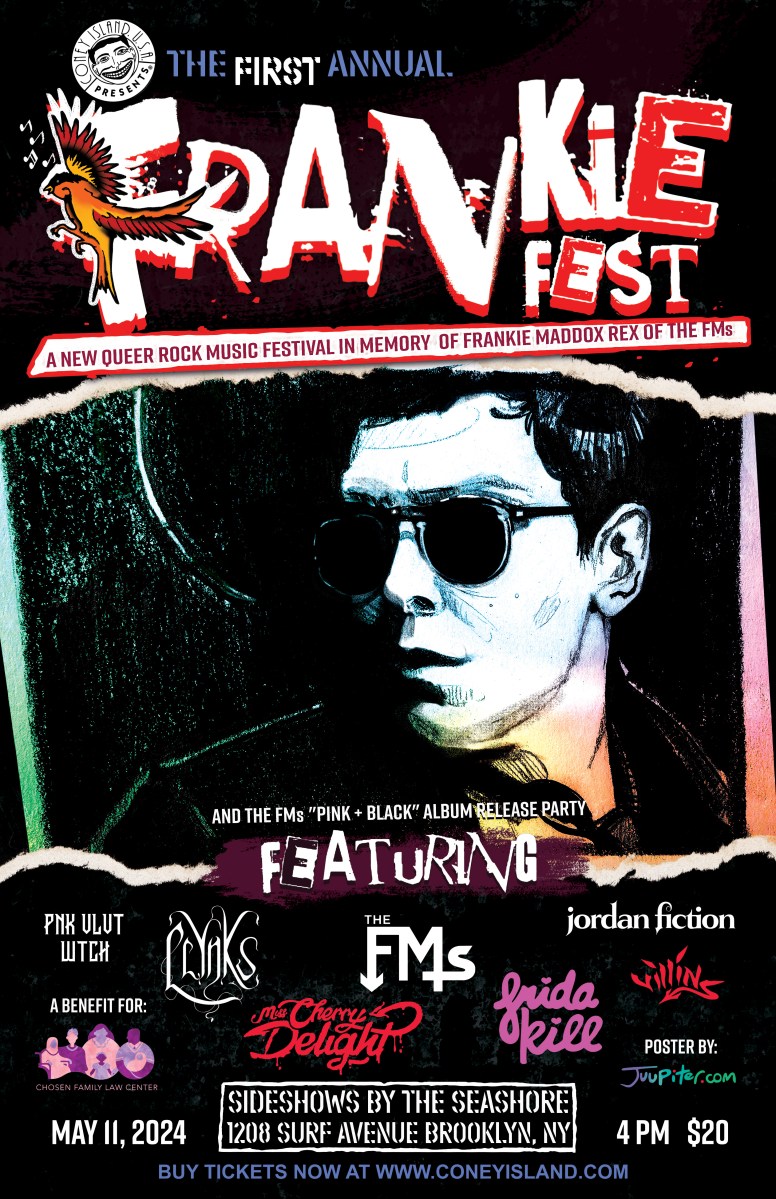NEW YORK – Fighting in hockey has reared its ugly head again, this time in the playoffs in the form of a pair of badly battered faces.
The debate of fighting’s place in the NHL was stoked during the regular season following the death of a senior-league player in Canada and an on-ice seizure following a bout in the AHL in which a player struck his head. General managers discussed the concerns, but the consensus was that punches are as big a part of the game as pucks.
Traditionally, fisticuffs were far less common in the postseason because the games were way too important to risk spending time in the penalty box.
Those whose primary job was to fight often found themselves out of the lineup because they didn’t offer enough upside to justify their inclusion.
“It’s more one of those things that sometimes during the year maybe you feel like you have something to prove (to an opposing player) or you have something to prove to your teammates or something like that,” Craig Adams, the Pittsburgh Penguins’ most physical forward, said Tuesday.
“In the playoffs you’re more likely to take a punch and turn the other cheek.
“The stakes are higher. It’s time to check your ego, I guess. I think that’s what leads to a lot of fights, but it’s time to check your ego, let things go that otherwise would lead to a fight.”
Although fighting injuries are still relatively rare, Detroit forward Tomas Kopecky and Boston defenceman Aaron Ward were hurt days apart in the playoffs – proving that fighting is no longer just a regular-season problem.
Kopecky has already been knocked out of action due to his bout with Anaheim defenceman Francois Beauchemin on Thursday and might need surgery.
Ward was hoping the unexpected punch to the face he took from Carolina’s Scott Walker late in Sunday’s Game 5 win would cost him only a black eye and not lost ice time.
“You’ve got to keep the perspective that you’re always looking at ways to make sure the game is how we want it played, but also you don’t want to see players getting injured,” said San Jose Sharks general manager Doug Wilson, who spent 16 seasons as an NHL defenceman.
Penguins forward Ruslan Fedotenko, not known as a fighter, broke a hand while punching Atlanta’s Colby Armstrong during the regular season.
“I think he will tell you it wasn’t worth the month (out of the lineup),” Penguins captain Sidney Crosby said.
The GMs recommended in March that a misconduct be given to players who fight immediately after a faceoff and for any staged bout. There is also a campaign to eliminate fights that are sparked by a clean hit.
Wilson doesn’t deny that aspects of fighting, and its role in the game, and the risks it presents need to be reviewed and discussed by the league’s general managers.
Those talks are expected to continue at the next meeting of club executives.
Another hot topic in recent years is what should be done about late hits and blows to the head. There is still no uniform resolution how to control that and what the penalty should be to offenders.
New York Rangers forward Blair Betts sustained the first major injury of these playoffs when Washington enforcer Donald Brashear broke a bone around Betts’ eye when he hit him with a shoulder.
The shot came a few seconds after Betts gave up the puck and when he didn’t expect to be hit.
Brashear served a six-game suspension, then wasn’t needed in the lineup when the Capitals staved off elimination in Game 6 of the Eastern Conference semifinal series against Pittsburgh.
A proposal by the NHL Players’ Association to ban shoulder hits to the head wasn’t accepted by the GMs.
“Before we start dealing with the fighting issue, I want to make sure we’re aware of (hits to the head) and listening to people,” Wilson said. “Let’s make sure that we address the other issue that we’ve talked about for several years.
“I’m not sure we’ve had complete closure on that yet.”
And there is no resolution on fighting, either, but it is clear none of the policy-makers are looking to eliminate it. More modifications to the rules of engagement still might be needed to ensure fighters aren’t at a greater risk now for severe injury.
Fighting penalties are up in the playoffs over last year, continuing a trend from the past two regular seasons. In the 2008 postseason, there were 14 fighting majors issued in 85 games.
Through 66 playoff games this year, there have been 31 – including one to Walker. Ward didn’t not return a punch and wasn’t punished for fighting.
Walker was fined, but not suspended.
“He sucker-punched him once coming into the scrum when (Ward) was involved with another player. And then he dropped his gloves and sucker-punched him,” Bruins coach Claude Julien said.
“I don’t care what people say about Ward should’ve protected himself. He had no intention of getting involved.
“We asked our guys to stay composed and not fall into that trap, and (Ward) did that. A guy with Walker’s experience should know better than to sucker-punch a guy.”

















